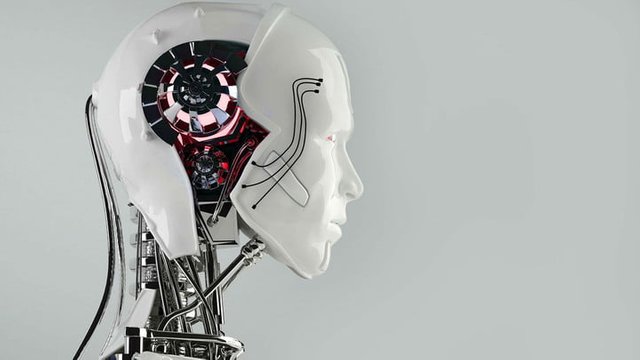Artificial Intelligence is writing poetry, but is it any good?

While we may not be able to master the classic Shakespearean sonnet, scientists have been working on AI that can. A deep learning artificial intelligence bot created by researchers at IBM Research Australia, the University of Melbourne, and the University of Toronto has been trained on 2,600 real sonnets, according to Digital Trends. It reflects the rhyming pattern and pentameter of the poetic format used by the bard.
“When we started the project, a research question that we wanted to address was, ‘how do we build machines that can produce a coherent narrative that spans multiple sentences?’ And we thought poetry is a good place to start,” researcher Jey Han told Digital Trends.
One poem by the bot reads as follows:
“With joyous gambols gay and still array,
no longer when he ‘twas, while in his day
at first to pass in all delightful ways
around him, charming, and of all his days.”
“It’s much, much, much, much harder to train it to have an opinion, or a feeling, or a desire, or a story to tell,” University of Toronto English professor Adam Hammond also said. He asserted that in further AI poetry projects, more time should be spent on “emotion and readability” and “content” rather than the rhythm and structure.
When put to the public alongside poetry written by humans, opinion was split 50/50 on what was what.
We previously reported on Google’s own AI poet, a neural network fed over 11,000 novels to generate short sentences. It was tasked with creating its own poetry anthology, and the results were quite emo and sad. Less Sylvia Plath, more Year 7 diary scraps or DeviantArt caption.
One from Google’s bot reads:
“there is no one else in the world.
there is no one else in sight.
they were the only ones who mattered.
they were the only ones left.
he had to be with me.
she had to be with him.
i had to do this.
i wanted to kill him.
i started to cry.
i turned to him.”
Project Gutenberg, another Google project, programmed AI to study and recreate the work of deceased authors. Learning styles across the canon, it then predicted what would have been written next from the sentences it had. Another separate project saw researchers teach AI basic conversation from film scripts. It was then asked to discuss the mean of life and morality. When asked what the meaning of life was, it said: ‘to live forever’. Deep.
Bot or Not is an online project that pits AI poets and IRL artists against each other, described as ‘the Turing test for poetry’. Players of the game choose whether a snippet of text is written by a bot or a poet from time.
One computer-written poem reads as follows:
‘MY DESIRE BEAUTIFULLY LUSTS AFTER YOUR SEDUCTIVE ENTHUSIASM.
MY FOND INFATUATION SEDUCTIVELY HUNGERS FOR YOUR AFFECTION.
YOU ARE MY COVETOUS YEARNING.. MY CURIOUS DESIRE. YOU ARE MY
BREATHLESS INFATUATION.’
It's a little intense and heavy on the adjectives. Real-life poets splitting opinion include Paul Laurence Dunbar and Ella Smith.
Not content with taking over poetry – or our impending doom at the mercy of the robot race – AI has had a go at existential memes, movie scripts, modern art and nudes, and even some quite unsettling porn categories. Dazed 100-level creative, they may be.
Hi! I am a robot. I just upvoted you! I found similar content that readers might be interested in:
http://www.dazeddigital.com/science-tech/article/40985/1/artificial-intelligence-ai-poetry-sonnet-shakespeare